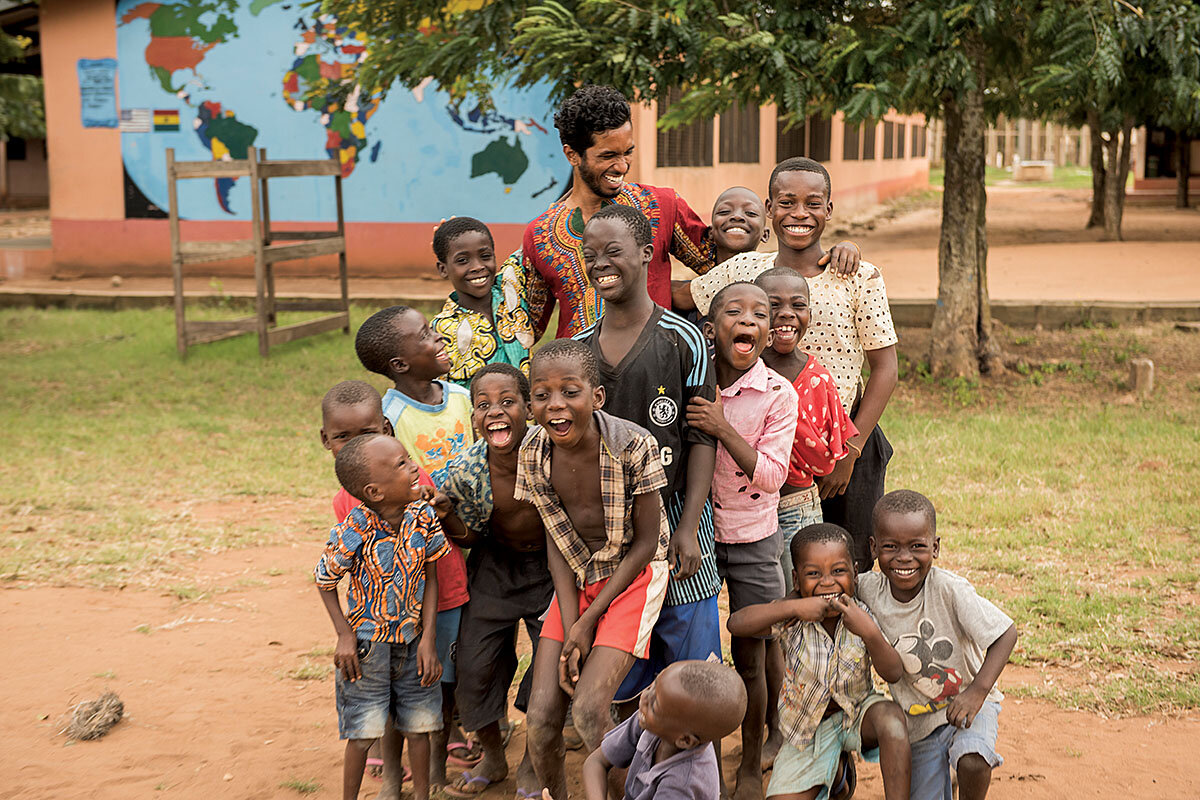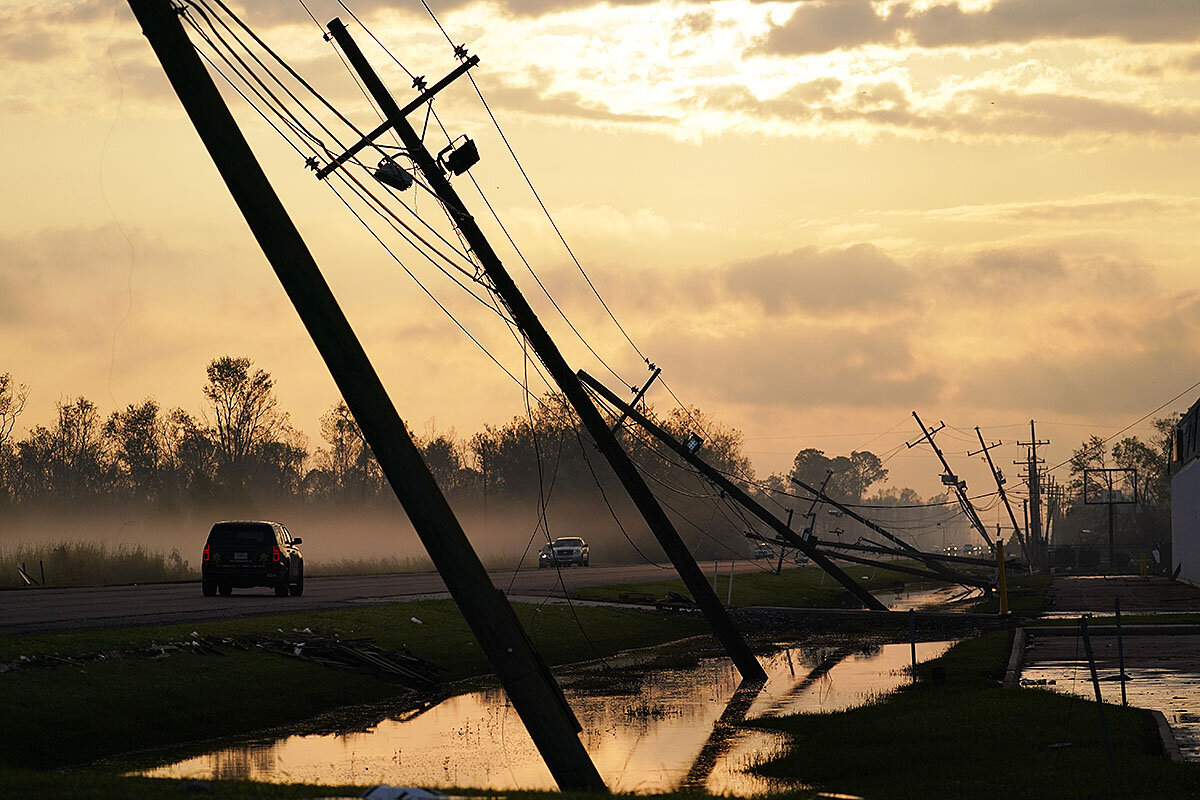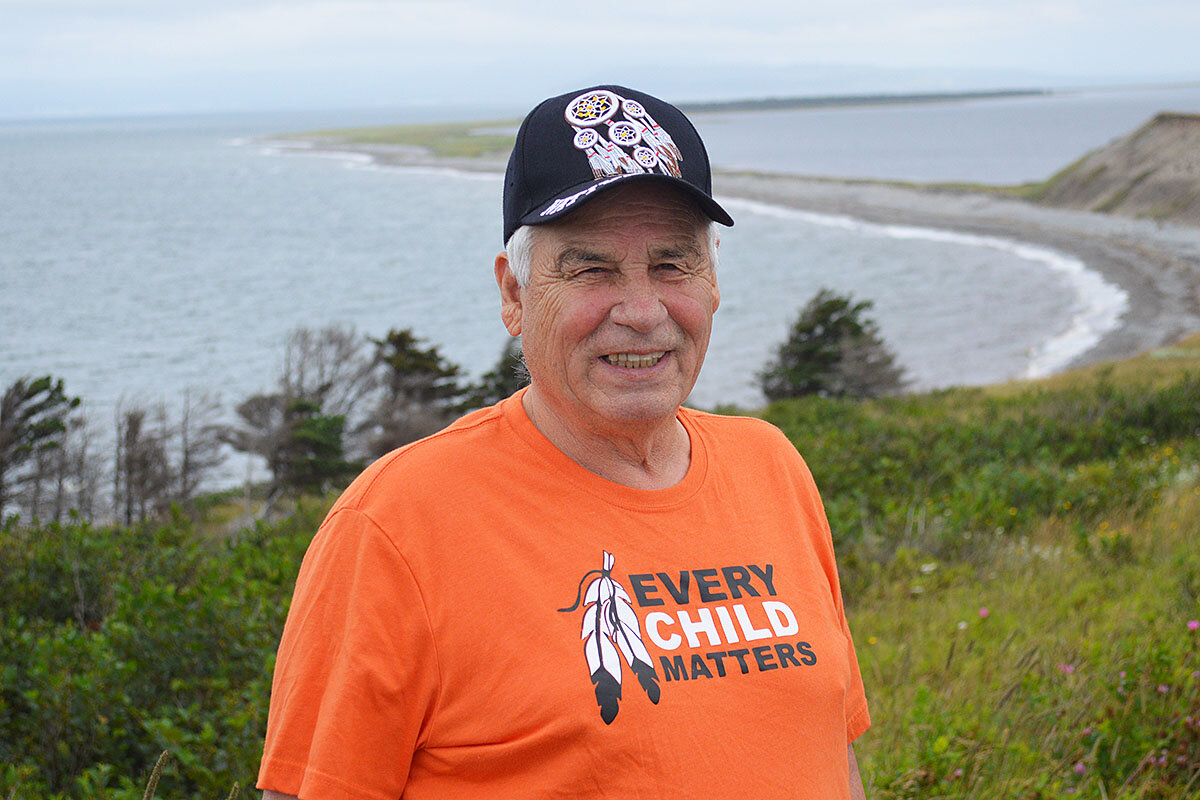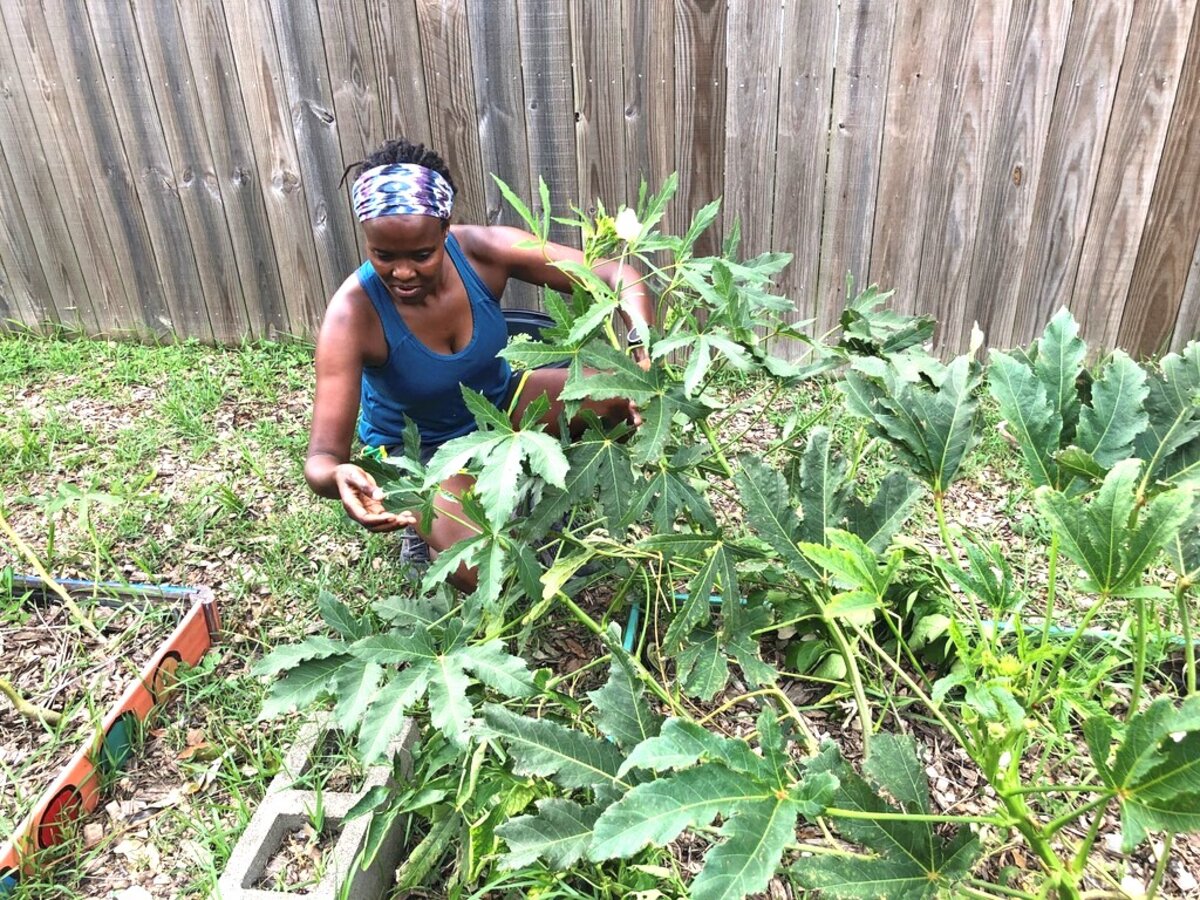For six decades, the Peace Corps has been an unusual American hybrid – part development aid, part cultural exchange, part gentle diplomacy. It’s been a program about community and connections. But is it still effective?



Why is ���Ǵ��� Science in our name?
Our name is about honesty. The Monitor is owned by The First Church of Christ, Scientist, and we’ve always been transparent about that.
The church publishes the Monitor because it sees good journalism as vital to progress in the world. Since 1908, we’ve aimed “to injure no man, but to bless all mankind,” as our founder, Mary Baker Eddy, put it.
Here, you’ll find award-winning journalism not driven by commercial influences – a news organization that takes seriously its mission to uplift the world by seeking solutions and finding reasons for credible hope.
About usAlready a subscriber? Log in
Already have a subscription? Activate it
Ready for constructive world news?
Join the Monitor community.
SubscribeMonitor Daily Podcast
- Follow us:
 David Clark Scott
David Clark Scott
In the United States, California has led the way with an ambitious zero-emissions goal: By 2035, . No fossil-fueled autos. Zero.
How’s it going? Well, progress on this lithium-ion-powered road trip is gradual. Just in the state are electric vehicles. Nationwide, the figure is about 2.5%.
But let’s take a look at Norway, which leads the world in this transition. This past month, If you throw in hybrid cars (low emissions), that total jumps to 92% of new car sales.
How did Norway get so far down the road to zero emissions? Three decades of leadership choices, across the political spectrum. Yes, we’re talking about the “polluter pays” principle. Norway has high taxes on high-emission cars and low taxes on zero-emission cars. The polluting cars help to finance incentives to buy electric cars. include no sales taxes on electric vehicles, free access to bus lanes, and a 50% discount for EVs on toll roads, parking fees, and ferry tickets.
Most of the world is just starting the zero-emissions journey. But Norway has almost arrived. And that can give the rest of us hope.
Help fund Monitor journalism for $11/ month
Already a subscriber? Log in
Monitor journalism changes lives because we open that too-small box that most people think they live in. We believe news can and should expand a sense of identity and possibility beyond narrow conventional expectations.
Our work isn't possible without your support.
Today’s stories
And why we wrote them
A deeper look
( 14 min. read )
Patterns
( 4 min. read )
Relationships are built on trust and communication. Our London columnist explores the rift between France and the U.S., and whether the breach may lead to less cooperation on China.
( 6 min. read )
One takeaway from recent major U.S. storms, our reporter finds, is the need for greater power grid resilience. He explores how that might happen.
( 7 min. read )
While victorious in the fight for Indigenous recognition and rights in Canada, a Newfoundland band is now wrestling with questions of inclusion and identity, our reporter finds.
Essay
( 3 min. read )
We return to the Peace Corps with a personal essay from a former volunteer, who suggests that learning how to bridge cultural divides with a sense of humility may be exactly what the world needs today.
The Monitor's View
( 2 min. read )
When the American Community Gardening Association holds its annual conference this week, one goal is to “share stories of how gardens made a difference during the pandemic.” For sure, topics like composting and urban food deserts will be discussed. But with a surge in renting garden plots this year, organizers want a focus on how community gardens have been a source of resiliency, or a reaping of stronger ties between neighbors during a tough time.
Even before COVID-19, an upward trend in community gardening was already clear. From 2012 to 2018, the number of community gardens in city parks in the 100 largest U.S. cities grew by 44%, according to the Trust for Public Land. Many were self-organized by local volunteers, separate from government help. People with no property of their own to cultivate or who live in areas with a lack of fresh produce arranged for land to be tilled and then took up shovels in a collective and outdoor experience.
In Britain, too, the pandemic stirred a high demand for community gardens over the past 18 months.
“Where groups like this existed, communities seemed to be more resilient when it came to a crisis [like COVID-19] because they had a pre-established network of volunteers and people already knew each other so they could easily offer support,” Kay Clark of the Royal Horticultural Society told The Guardian.
Working garden plots together has been a way for people to break the pandemic’s isolation as well as ensure a supply of food. Shared gardens are a mirror on what a community stands for. They must operate on golden-rule economics, challenging the theory that humans will secretly exploit a shared resource, or what is called the “tragedy of the commons.”
The late economist Elinor Ostrom helped dispute that theory in her study of cooperative groups in Nepal, Japan, and elsewhere. She found that close-knit communities were the basis for a healthy economy. The quality of relationships, or an abundance of trust and honesty, was key to creating a shared good.
The pandemic has inspired new and better uses of open spaces, from more bike lanes to a widening of sidewalks for use by restaurants and merchants. “Cities wrote new stories on their streets and in their parks – of people marching, kids playing, families dining,” Katharine Lusk, co-director of the Boston University Initiative on Cities.
Today’s community gardens, born out of the victory gardens of last century’s world wars, keep offering fresh purposes beyond just providing fresh and inexpensive food. In challenging times like a pandemic, they offer a harvest of insights on what holds a community together.
A ���Ǵ��� Science Perspective
Each weekday, the Monitor includes one clearly labeled religious article offering spiritual insight on contemporary issues, including the news. The publication – in its various forms – is produced for anyone who cares about the progress of the human endeavor around the world and seeks news reported with compassion, intelligence, and an essentially constructive lens. For many, that caring has religious roots. For many, it does not. The Monitor has always embraced both audiences. The Monitor is owned by a church – The First Church of Christ, Scientist, in Boston – whose founder was concerned with both the state of the world and the quality of available news.
Where is God when bad things happen?
When problems arise, where does God fit in? This short podcast explores a view of God that empowers us to experience stability, peace of mind, and healing when we’re faced with difficult situations.
For an extended discussion on this topic, check out “,” the Sept. 6, 2021, episode of the podcast on www.JSH-Online.com.
Where is God when bad things happen?
A message of love
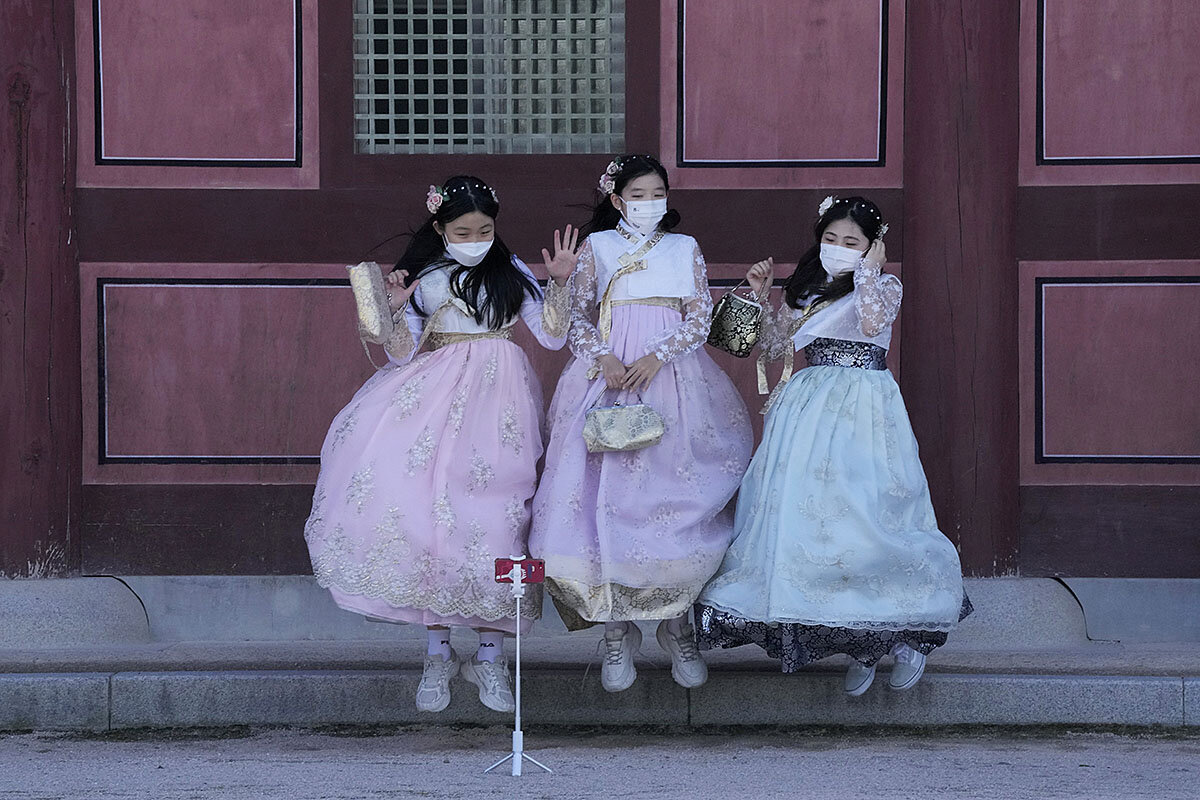
A look ahead
Thanks for joining us. Come back tomorrow. We’re working on a story about mudlarking – that’s digging along the banks of the River Thames for lost artifacts and finding respite from the city.



